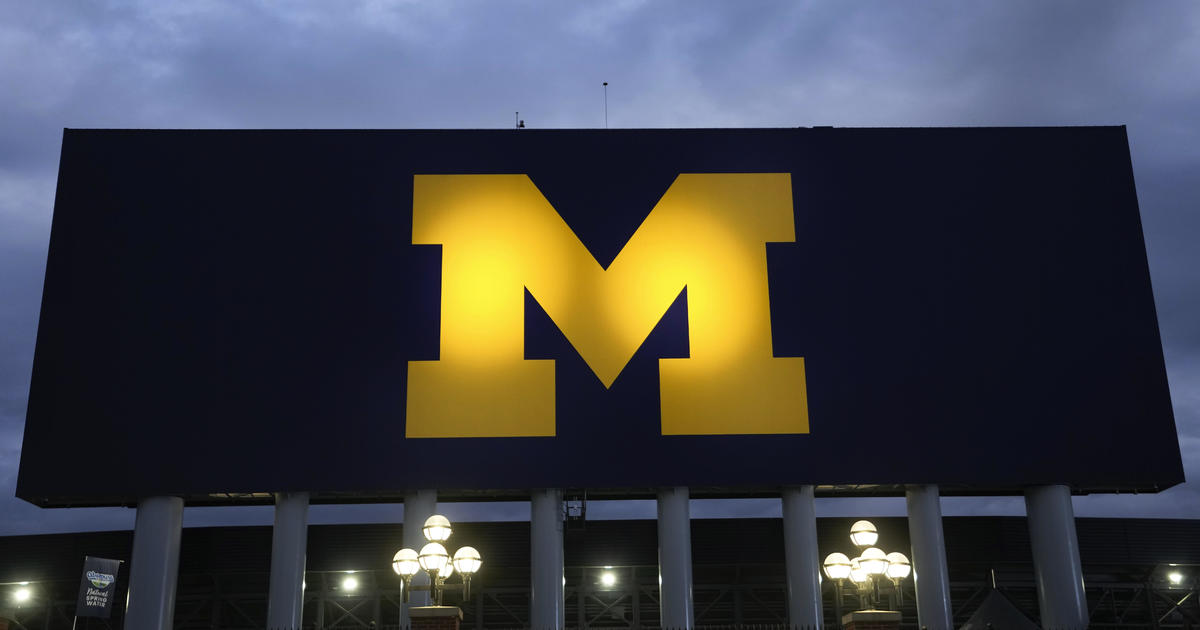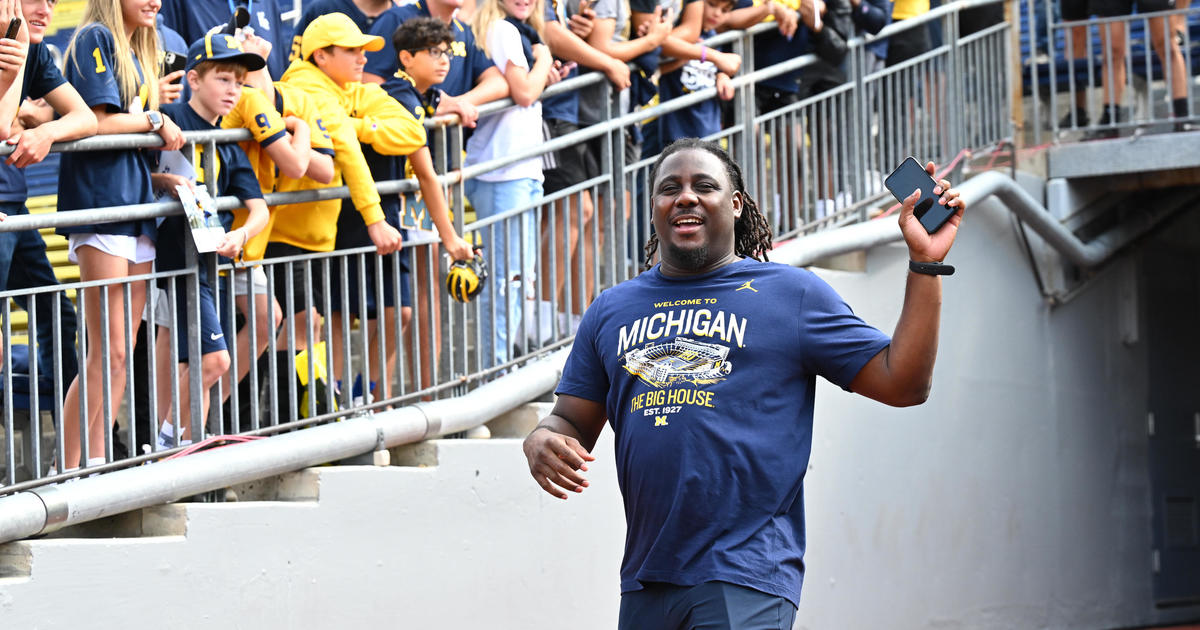Comfort Using Cell Phone Could Determine Civic Engagement
If you use your cell phone to talk about news of the day or to express opinions about issues, you are more likely to be civically and politically engaged, a new study says.
"The mobile phone is really expanding in terms of its use in ways that appear to foster connection to civic and political life," said Scott Campbell, an assistant professor of communication studies at the University of Michigan and study's lead author. He co-wrote the study with Nojin Kwak, an associate professor in the Department of Communication Studies.
Study data came from a national mail survey following the 2006 mid-term congressional elections. The sample reflected demographic distributions within the U.S. Census Bureau's divisions of household income, population density, panel member's age, gender and region.
Respondents reported the frequency in which they participated in a certain activity in the past two months.
Civic engagement involved activities such as working on community project, contributing money to or working on behalf of a social group or cause. Political participation involve attending a political meeting, rally or speech; circulating a petition for a candidate or issue; and contacting a public official.
The study factored 14 items to assess cell phone patterns, including popular activities of calling friends and family, using text/instant messaging and e-mailing.
Participants also responded to several statements about their comfort of using a cell phone and their answers were based on a six-point range scale from "definitely disagree" to "definitely agree."
Women and higher-educated respondents were more civically engaged, and those with greater interest in politics demonstrated greater participation in political events and opportunities, the findings showed.
The rapid evolution of cell phone technology -- from a point-to-point interpersonal contact to a multifaceted tool for information access, distribution and management -- creates new challenges for those with lower levels of technology fluency. This, the researchers said, can have a detrimental effect on one's ability to maximize the benefits of the device.
Campbell said it would be difficult to extrapolate from these findings regarding what it means for teens who use cell phones differently than adults. Teens' primary cell phone use is texting with friends for social reasons, and social use does not detract from civic and political engagement, he said.
"Since informational use of the technology is positively linked to engagement, one might hope that as teens' use of the technology expands beyond texting with friends, so too might their connection to civic life," Campbell said.
The findings appear in the current issue of Journal of Communication. The online paper can be read at http://onlinelibrary.wiley.com/doi/10.1111/jcom.2010.60.issue-3/issuetoc
(c) 2010, WWJ Newsradio 950. All rights reserved.


